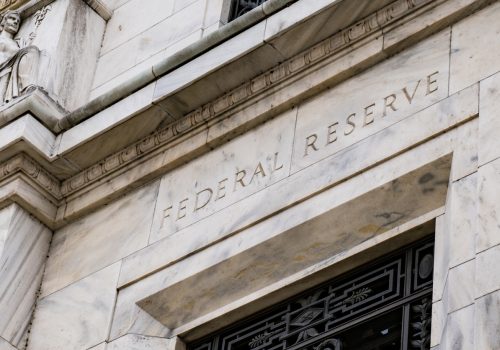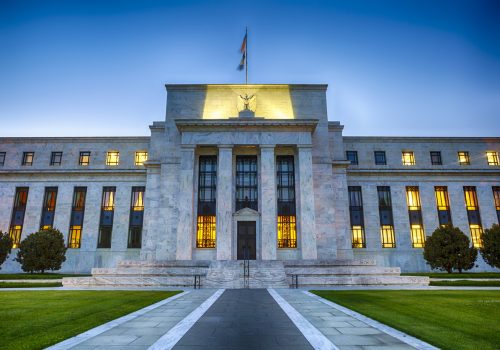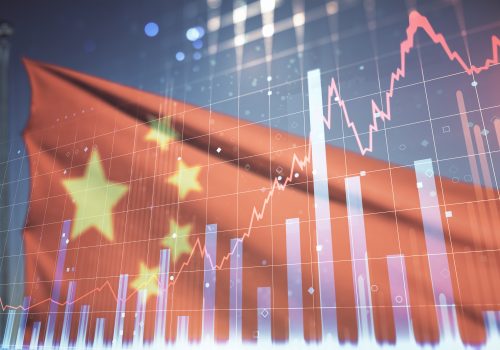The international role of the euro and the dollar: Forever in the lead?
The international monetary system has been surprisingly resilient over the past two years, considering the size of pandemic and geopolitical shocks that hit markets during this period. Liquidity injections by the major central banks helped stabilize economic activity and avoid disruptions to capital flows or foreign exchange markets. Major exchange rates remained range-bound throughout most of the crisis, even if the dollar has appreciated sharply in recent months. Volatility is likely to pick up as monetary policy responds to high inflation, but there should be no doubt that the dollar-based monetary order has withstood a major test during the past two years.
This feat has been even more remarkable as the global security landscape has deteriorated in dramatic fashion, and Russia’s invasion of Ukraine has brought international tensions to a level not seen since the 1961 Cuban missile crisis. Moreover, while the dollar’s safe haven status remains firmly established, the center of global economic activity has been shifting east. Asia has become an economic powerhouse, and China is on course to become the world’s largest economy over the next few years. It is a natural question whether China will challenge the United States and Europe for global economic leadership, and whether the renminbi will appear as a leading, if not dominant, currency.
This paper argues that this is unlikely for the foreseeable future, in part because a larger global role for the renminbi would be inconsistent with the Chinese leadership’s current policy priorities. However, there is no room for complacency. With the post-World War II international order in gradual decline, the world could again reach a moment where unforeseen geopolitical events might lead to changes in long-held political and economic paradigms. The United States and Europe can reduce this risk by making their growth models more robust and sustainable. Moreover, keeping their global alliances intact could prevent a loss of influence that has heralded changes in the international monetary system in the past.
Related content

At the intersection of economics, finance, and foreign policy, the GeoEconomics Center is a translation hub with the goal of helping shape a better global economic future.


